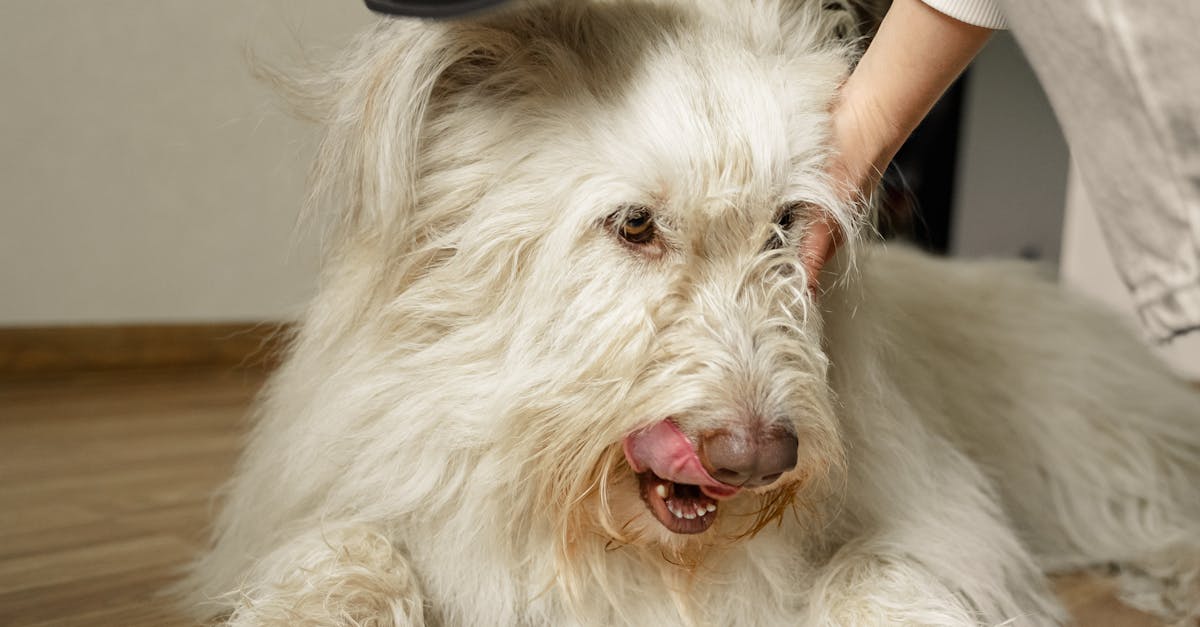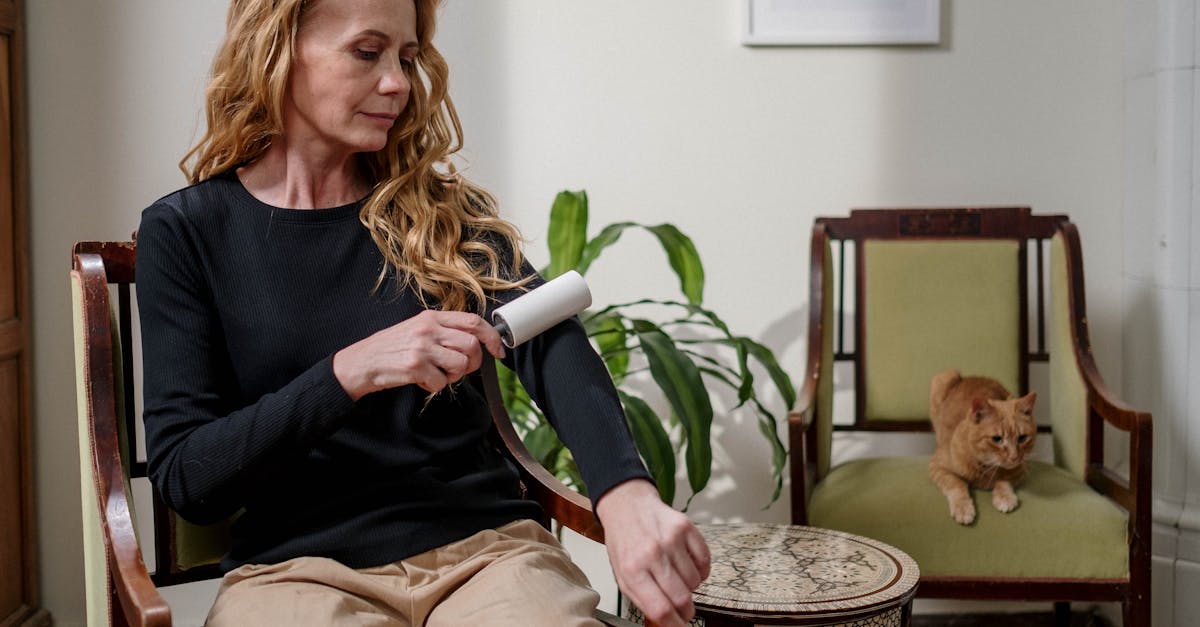The Moment I Realised Something Had to Change
Picture this: I’m sitting on my favourite couch after a long day, ready to unwind with a good book. Suddenly, a whiff of something unpleasant hits me. It’s that unmistakable odour of pet smell that seems to have infiltrated every corner of my home. If you’ve ever been in a similar situation, you know how frustrating it can be. It dawned on me that I needed to find a solution, not just for my comfort but also for the health and well-being of my pets.
Now you know, living with pets doesn’t have to mean living with unpleasant smells. The truth is, with a few simple strategies, you can keep your home smelling fresh and clean. In this blog post, I’ll share the tips and tricks I’ve discovered to banish those foul pet odours for good.
Understanding the Source of Pet Odours
Why Do Pets Smell?
If I had to guess, you’re probably wondering why your beloved pets can sometimes smell so bad. The thing is, pets, like humans, produce natural body odours. These can come from their skin, fur, and even their breath. It’s interesting how different factors contribute to these smells:
- Diet: What your pet eats can significantly impact their body odour. Certain foods can make their breath and skin smell worse.
- Health Issues: Dental problems, skin infections, and other health issues can cause foul odours.
- Environment: Pets that spend a lot of time outdoors can bring in smells from the environment, like dirt and grass.
Common Areas Affected by Pet Odours
I’ve noticed that pet odours tend to linger in certain areas of the home more than others. Here are some common culprits:
- Carpets and Rugs: These can trap pet hair, dander, and odours.
- Furniture: Upholstered furniture can absorb pet smells.
- Bedding: Both your pet’s bedding and your own can harbour odours.
- Litter Boxes: For cat owners, litter boxes are a significant source of odour.
Effective Cleaning Strategies
Regular Cleaning Routines
To put it simply, regular cleaning is essential to keep pet odours at bay. Here’s a quick story: One time, I decided to skip my usual cleaning routine for a week, and the difference was noticeable. The odours became more pronounced, and it took extra effort to get things back to normal. Speaking from experience, consistency is key.
- Vacuuming: Vacuum your home at least twice a week, focusing on carpets, rugs, and furniture. Use a vacuum with a HEPA filter to capture pet hair and dander effectively.
- Washing Pet Bedding: Wash your pet’s bedding weekly. Use hot water and a pet-safe detergent to eliminate odours.
- Cleaning Litter Boxes: Scoop your cat’s litter box daily and change the litter entirely at least once a week. Use baking soda to help neutralise odours.
Deep Cleaning Techniques
Sometimes, regular cleaning isn’t enough, and you need to take things a step further. Here’s a funny thing: I once tried using a steam cleaner on my carpets, and the results were amazing. It’s interesting how much of a difference deep cleaning can make.
- Steam Cleaning: Use a steam cleaner on carpets and upholstery to remove deep-seated odours and stains.
- Baking Soda: Sprinkle baking soda on carpets and let it sit for a few hours before vacuuming. This helps to absorb odours.
- Enzyme Cleaners: These are specially formulated to break down the proteins in pet urine, eliminating the odour at the source.
Grooming Your Pets
Regular Baths
I guess you could say that grooming is one of the most effective ways to keep pet odours under control. If you ask me, a clean pet is a less smelly pet.
- Bathing Dogs: Bathe your dog every 4-6 weeks with a pet-safe shampoo. Be sure to rinse thoroughly to avoid any residue that could cause skin irritation.
- Bathing Cats: Cats generally groom themselves, but if they’re particularly smelly, a bath might be necessary. Use a cat-specific shampoo and be gentle.
Brushing and Dental Care
It’s funny how something as simple as brushing can make such a big difference. I’ve found that regular brushing helps to reduce shedding and the spread of dander.
- Brushing: Brush your pets regularly to remove loose hair and dander. This also helps to distribute natural oils, keeping their coat healthy.
- Dental Care: Bad breath can be a significant source of pet odour. Brush your pet’s teeth regularly and provide dental chews to help keep their mouth clean.
Managing Specific Odour Issues
Dealing with Urine Odours
One time, my dog had an accident on the carpet, and I’d never have guessed how challenging it would be to get rid of the smell. If you’ve ever dealt with pet urine, you know it can be stubborn.
- Immediate Action: Blot up as much urine as possible with paper towels. Avoid rubbing, as this can spread the stain.
- Enzyme Cleaners: Use an enzyme cleaner to break down the urine and neutralise the odour.
- Hydrogen Peroxide: For stubborn stains, a mixture of hydrogen peroxide and baking soda can be effective. Test a small area first to ensure it doesn’t discolour the carpet.
Controlling Litter Box Odours
Personally, I’ve found that keeping the litter box clean is crucial for maintaining a fresh-smelling home. Here’s what I do:
- Scoop Daily: Remove waste from the litter box daily to prevent odours from building up.
- Change Litter Weekly: Replace the litter entirely at least once a week.
- Odour Absorbers: Use odour-absorbing products like baking soda or activated charcoal in the litter box.
Freshening the Air
Natural Odour Neutralisers
It’s interesting that natural products can be so effective at neutralising odours. I can’t forget the first time I used essential oils to freshen up my home; the difference was remarkable.
- Essential Oils: Use a diffuser with pet-safe essential oils like lavender or eucalyptus to freshen the air.
- Vinegar: Place bowls of white vinegar around the house to absorb odours.
Air Purifiers
If you ask me, investing in an air purifier is one of the best decisions I’ve made for controlling pet odours. It goes to show that sometimes, technology can be a real game-changer.
- HEPA Filters: Choose an air purifier with a HEPA filter to capture pet dander and other allergens.
- Activated Carbon Filters: These filters are excellent at absorbing odours and keeping the air fresh.
Final Thoughts
Looking back, dealing with pet odours used to feel like an insurmountable challenge. But now that I think about it, with the right strategies and a bit of consistency, it’s entirely manageable. From my point of view, the key is to be proactive and address the issue head-on.
So, if you’re struggling with pet odours, take a deep breath (of fresh air, hopefully) and start implementing these tips. You won’t believe the difference it can make. Your home will smell fresher, and you’ll enjoy spending time with your furry friends even more.
Now you know, it’s entirely possible to say goodbye to foul pet odours for good. Happy cleaning! 🐾










